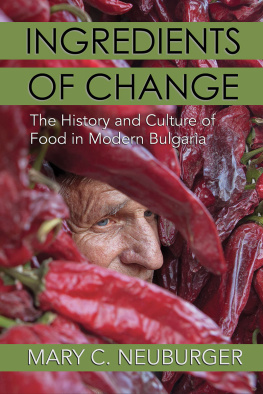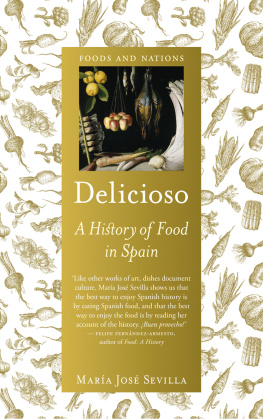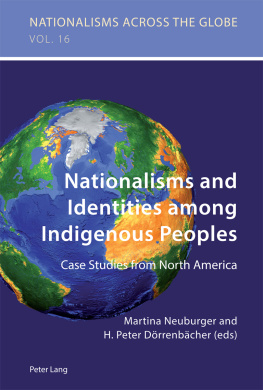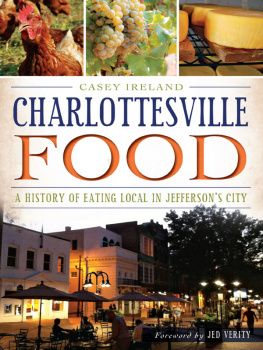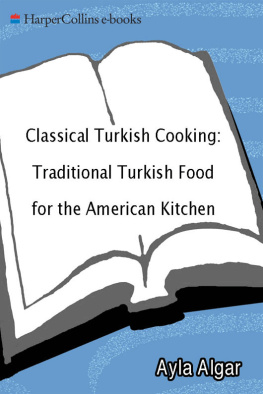Mary C. Neuburger - Ingredients of Change: The History and Culture of Food in Modern Bulgaria
Here you can read online Mary C. Neuburger - Ingredients of Change: The History and Culture of Food in Modern Bulgaria full text of the book (entire story) in english for free. Download pdf and epub, get meaning, cover and reviews about this ebook. City: Ithaca, year: 2022, publisher: Cornell University Press, genre: Science / Art. Description of the work, (preface) as well as reviews are available. Best literature library LitArk.com created for fans of good reading and offers a wide selection of genres:
Romance novel
Science fiction
Adventure
Detective
Science
History
Home and family
Prose
Art
Politics
Computer
Non-fiction
Religion
Business
Children
Humor
Choose a favorite category and find really read worthwhile books. Enjoy immersion in the world of imagination, feel the emotions of the characters or learn something new for yourself, make an fascinating discovery.
- Book:Ingredients of Change: The History and Culture of Food in Modern Bulgaria
- Author:
- Publisher:Cornell University Press
- Genre:
- Year:2022
- City:Ithaca
- Rating:4 / 5
- Favourites:Add to favourites
- Your mark:
Ingredients of Change: The History and Culture of Food in Modern Bulgaria: summary, description and annotation
We offer to read an annotation, description, summary or preface (depends on what the author of the book "Ingredients of Change: The History and Culture of Food in Modern Bulgaria" wrote himself). If you haven't found the necessary information about the book — write in the comments, we will try to find it.
Ingredients of Change explores modern Bulgarias foodways from the Ottoman era to the present, outlining how Bulgarians domesticated and adapted diverse local, regional, and global foods and techniques, and how the nations culinary topography has been continually reshaped by the imperial legacies of the Ottomans, Habsburgs, Russians, and Soviets, as well as by the ingenuity of its own people. Changes in Bulgarian cooking and cuisine, Mary C. Neuburger shows, were driven less by nationalism than by the circulation of powerful food narrativesscientific, religious, and ethicalalong with peoples, goods, technologies, and politics.
Ingredients of Change tells this complex story through thematic chapters focused on bread, meat, milk and yogurt, wine, and the foundational vegetables of Bulgarian cuisinetomatoes and peppers. Neuburger traces the ways in which these ingredients were introduced and transformed in the Bulgarian diet over time, often in the context of Bulgarias tumultuous political history. She shows how the countrys modern dietary and culinary transformations accelerated under a communist dictatorship that had the resources and will to fundamentally reshape what and how people ate and drank.
Mary C. Neuburger: author's other books
Who wrote Ingredients of Change: The History and Culture of Food in Modern Bulgaria? Find out the surname, the name of the author of the book and a list of all author's works by series.

